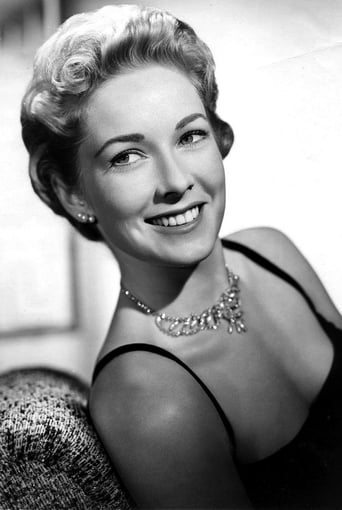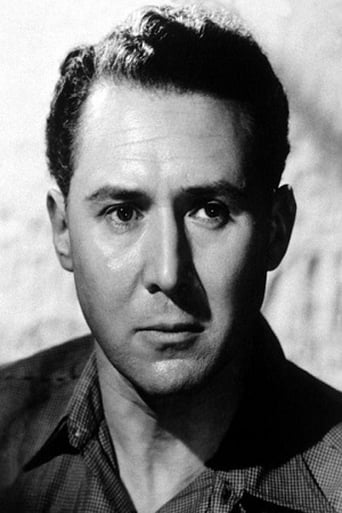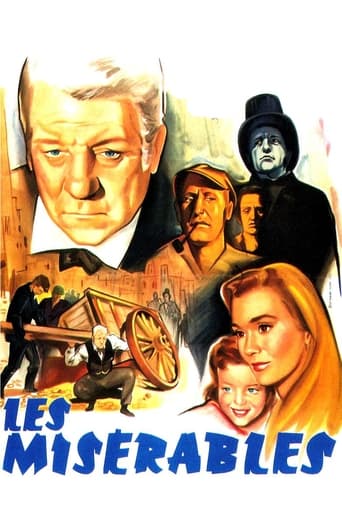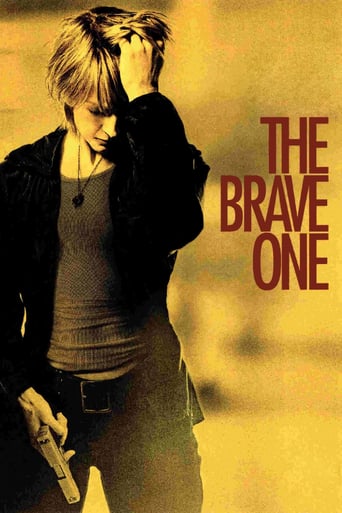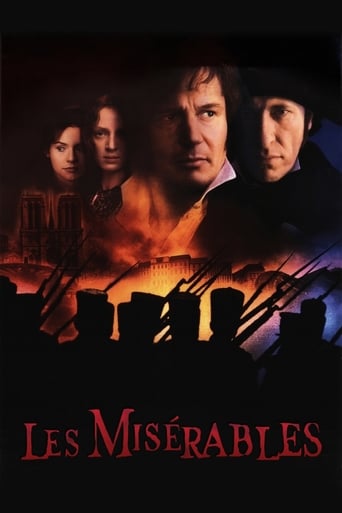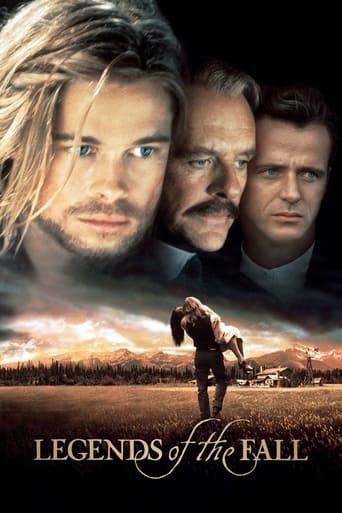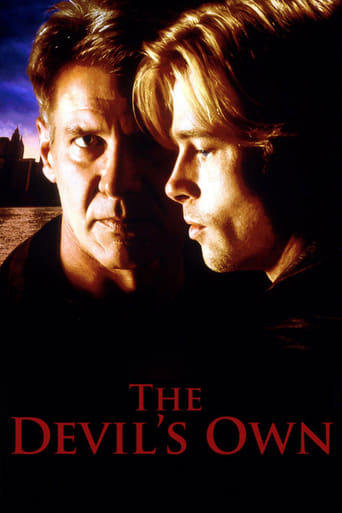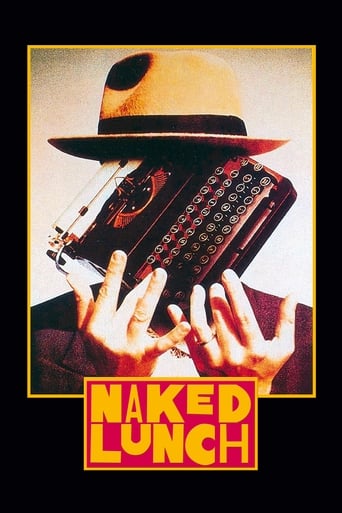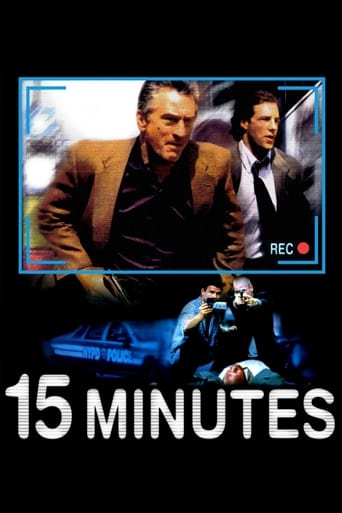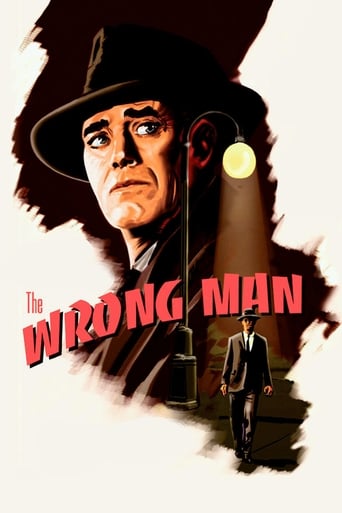
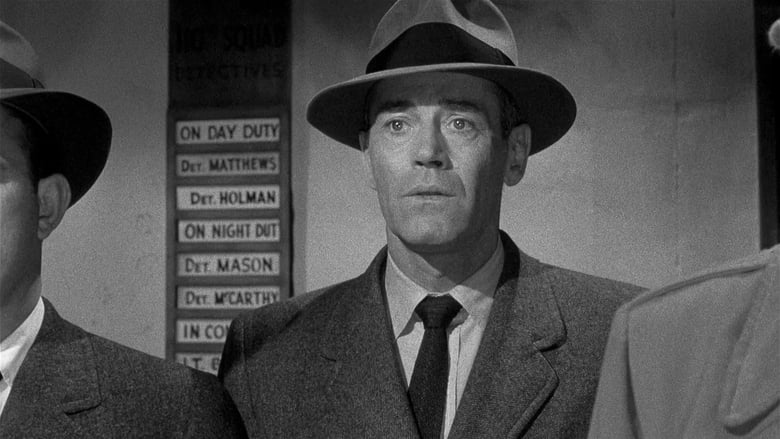
The Wrong Man (1956)
In 1953, an innocent man named Christopher Emmanuel "Manny" Balestrero is arrested after being mistaken for an armed robber.
Watch Trailer
Cast
Similar titles
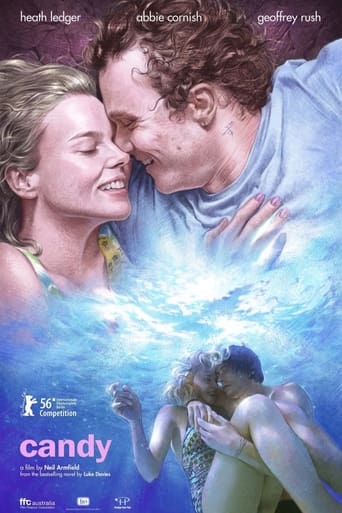
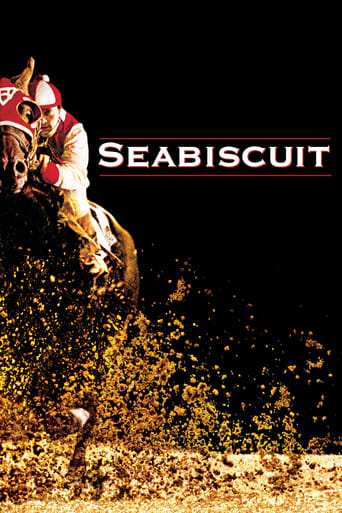
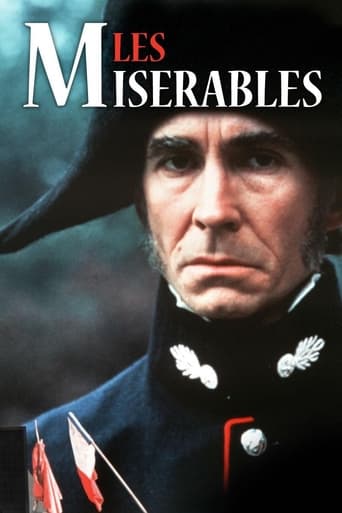
Reviews
I love this movie so much
Wonderful character development!
Undescribable Perfection
This is a must-see and one of the best documentaries - and films - of this year.
As the detectives tell wrongly accused bass player Manny Balestero (Henry Fonda) (picked up for holding up an insurance office at gunpoint) that if he's innocent he has nothing to fear, you realize that once placed in the criminal justice system, he has everything to fear, especially the prospect of losing his wife and family who adore him. Unlike Marnie (Tippie Hedrin) or Marian Crane (Janet Leigh's part in Psycho), who actually did take the money, Fonda is so completely innocent that that aspect is what provides this film with its most compelling force. How could such a decent guy be thrown into such an impersonal and seemingly coldhearted system, as he's arrested, fingerprinted, jailed, transported in a paddy wagon with other felons to his arraignment, and a lot more, all done during a bleak looking New York winter in vintage 1950s black and white, set to a Bernard Hermann score that fits perfectly the mood. Not your typical Hitchcock film, but an excellent role for Henry Fonda.
While this film includes the familiar "Hitchcockian" themes of mistaken identity and of unsuspecting people suddenly finding themselves caught in the most exasperating situations, "The Wrong Man" comes with a couple of significant distinctions. Unlike most of Hitchcock's movies, this one is based on the true story of a New York City musician who is wrongly accused of several armed robberies in his Queens neighborhood. Beyond this, the film eventually moves from its focus on the wrongly accused victim to the devastating impact that an infuriating and frustrating sequence of events has upon the mental health of his spouse.Aside from the outstanding direction by the master of suspense himself, the realism of the black and white photography on location in 1956 Manhattan and Queens made me feel as though I were personally experiencing the outrage of the central character, Manny Balestrero (Henry Fonda) and his spouse, Rose (Vera Miles). The eerie musical score of Bernard Hermann seemed to wail from the loneliness and despair of Manny's nightmarish predicament. Finally, the performances of Fonda, Miles, and Anthony Quayle as their attorney (who was experienced but not in criminal matters!) completed the recipe for a unique and absorbing cinematic experience. I had recently seen Miles in John Ford's "The Searchers", which happened to be filmed in the very same year as this, but that role, which I actually found to be annoying, could never reveal her true acting ability as this one did. They were "miles" apart from each other in both depth and intensity.There were many memorable moments in this film worth noting, but a few exceptional segments were the very credible and disturbing shots of Manny being processed as a crime suspect, the scene in the courtroom when he looks around the room to observe the jurors, spectators, and court employees bored and distracted while his very life was on the line, and the moment of prayer when he envisions the sight of the actual criminal walking toward him. By the way, while he may have worn a similar hat and coat, the real culprit didn't look anything like Henry Fonda in my humble opinion. Other reviewers here feel differently.For me, "The Wrong Man" is the right movie, regardless of how disturbing the subject matter of gross injustice and its devastating consequences may be.
If you've read any of the biographies about Alfred Hitchcock at all, you know of his fear of being locked up and his distrust of the police. This film is the perfect manifestation of those fears and, ironically, it's based on a true story. In fact, the movie opens with the director's shadowed figure speaking "what you are about to hear is absolutely true", or words to that effect, in lieu of his typical cameo.Based on the novel by Maxwell Anderson, this last effort by screenwriter Angus MacPhail, whose other feature length adaptation for the director was Spellbound (1945), tells the story of Manny Balestrero, a musician and family man who was incorrectly identified by witnesses as an armed robber.Sandwiched between his last two (of four) collaborations with James Stewart, Hitchcock uses Henry Fonda, for the first and only time, to tell this real-life noir drama. The film also marks the first of the two Hitchcock films with Vera Miles, who would go on to play Janet Leigh's concerned sister in Psycho (1960).Harold Stone and Charles Cooper play the police lieutenant and detective who, based on identifications from several women robbery victims, arrest and then process Balestrero (Fonda) through to jail - the film's most memorable scenes. Nehemiah Persoff plays Manny's brother-in-law, who comes up with the bail.The story then shifts somewhat to a focus on Manny's wife Rose (Miles), who begins to suffer a mental breakdown and she blames herself for what's happened to her husband. Anthony Quayle, who plays the inexperienced, yet competent defense council that the Balestreros hire, advises Manny to have his wife see a doctor (Werner Klemperer), and eventually she's institutionalized.A thirteen year old Tuesday Weld appears, uncredited in her first film, as a giggling girl that the Balestreros come across while trying to find witnesses for his defense.The subplot of Rose's collapse notwithstanding, the film is still pretty good even with its hokey ending, then again it's based on a true story.
Like many of Hitchcock's films, "The Wrong Man" is a story of an average Joe who finds himself caught up in an extraordinary situation. Manny (Henry Fonda) is a docile soul who plays life by the rules. He is as predictable as clockwork in his habits and holds a steady job. He and his wife have two children and struggle to get by when they face medical bills.Peculiar circumstances align, and he is accused of a crime. As a result, his entire world is turned upside down.Hitchcock uses the camera to document Manny's perspective and the strangeness of Manny's new world, including the alien nature of the legal process, from procedures in a police station to legal proceedings in court to the inhumanities of incarceration.The film is based upon an actual criminal case, with liberties taken to heighten the suspense. The core of the story is the series of police procedures for identification that should never be used in today's world. Manny is rightfully scared of the improper and illogical methods used by the police, who apparently don't know any better. Because of Fonda's subdued portrayal of Manny, it is easy for the viewer to see himself in Manny. The film also documents the ancillary costs and the psychological effects of being the focus of a system dedicated to dispensing guilt and punishment.

